
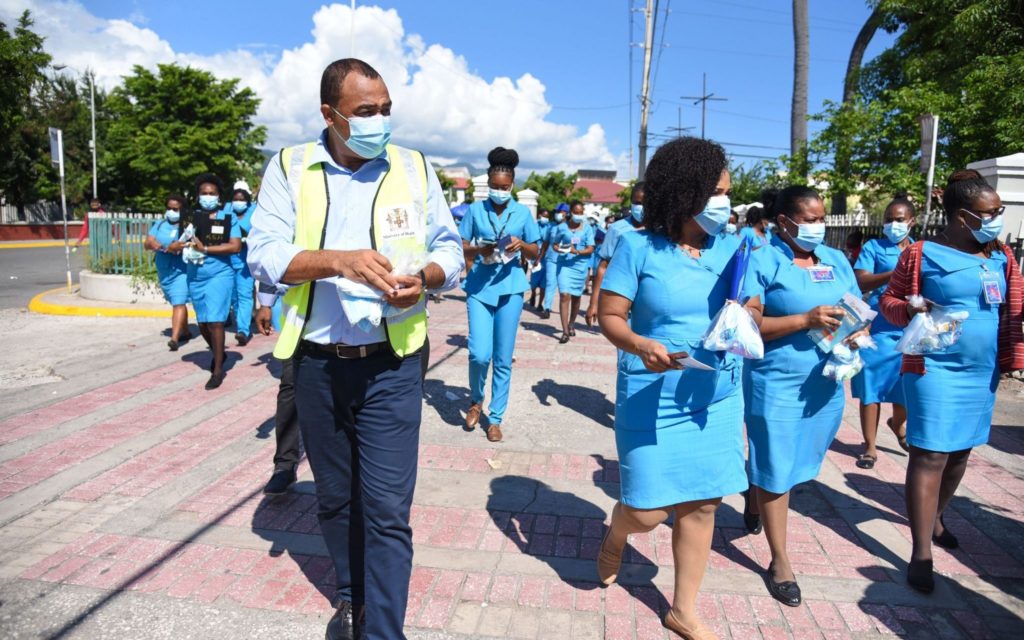
It was a normal Tuesday morning in Jamaica. The birds were chirping and the sun was shining, but it all went downhill when Jamaica confirmed its first case of the COVID-19 virus, changing the lives of millions of citizens, some of whom have yet to recover.
March 10, 2020 is a day that will be etched in the minds of many on the island. Today, we celebrate the three-year anniversary of one of the most impactful, if not deadliest, viruses to affect mankind in the past 100 years – COVID-19.
At first, it was funny for some who joked about a bat in China being the main cause of this outbreak. The memes were endless and #COVID19 was trending on all social media platforms. Afterall, a virus compared to the common cold or flu could not be anything serious, right?
However, when a female patient tested positive days after arriving in Jamaica to attend a funeral, things got a bit more serious.

The number of cases slowly began to climb and before we knew it, Jamaica had confirmed 1,003 cases of the virus by August 8, 2020.
Schools and non-essential work places were closed, the hospitals were overflowing and several curfews were established. To make matters worse, there was even an oxygen shortage.
We entered a new era. It was a life altering situation that led to mental breakdowns, fights over toilet paper, deep isolation, the deaths of thousands locally and millions internationally, and so much more.
Jobs were lost and decades of labour gone in the blink of an eye. Students were plunged into online learning and many families either grew closer or further apart. The roads and supermarkets were empty and, like the void that is outer space, the entire world went quiet.
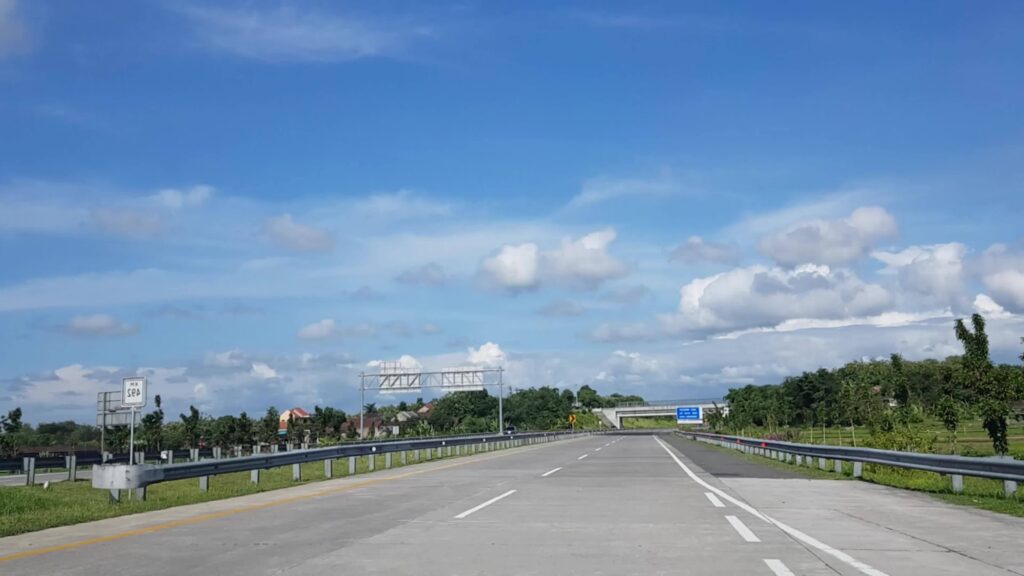
Flights were cancelled and tickets prices fell to an enticingly low rate. But crossing the border was also impossible as many countries were closed to outside visitors. And don’t you even think about coughing in public, because that was now forbidden!
Luckily, after some delay, Jamaica received its first batch of vaccines on March 8, 2021. By this time, the country was recording more than 800 cases in 24hrs and the situation had got critical.
In response, the Government began its vaccination campaign, with intentions of having 65 per cent of the population fully vaccinated by March 31, 2022. However, this target was not met.
As of February 27, 2023 there are more than 1.5 million Jamaicans who have received vaccine doses. More than 620,000 received a second dose, while some 720,000 have only a first dose. Some 130,000 also took a single dose of the vaccine.
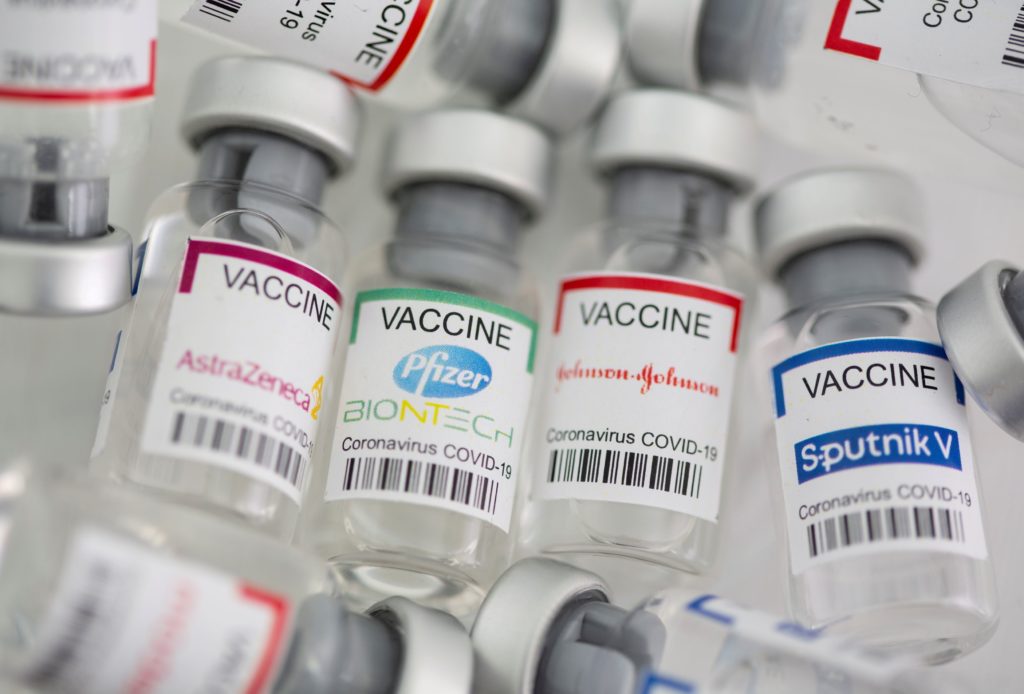
Despite not having its target met, the island slowly saw a reduction in cases by late 2021 and early 2022. Schools began to reopen, curfews were a thing of the past and Jamaicans were returning to some sense of normalcy.
The latest report from the Ministry of Health and Wellness, for the period February 27 to March 3, shows that since the first confirmed case, Jamaica has recorded 154,416 cases of the virus.
Sadly, 3,514 citizens have died due to the virus with deaths occurring even to this day. The number of cases in 2023 is still growing, but the effects of the virus are not as detrimental as they used to be.

Now, for the most part, citizens are back to their regular routine and mask-wearing is minimal.
However, do not get too comfortable, because, although we have come a far way, the number of cases being recorded is more than zero. That means caution should still be observed.
The ministry continues to urge vaccination among citizens. Vaccination sites can be found at health facilities islandwide. Jamaicans are also encouraged to visit the ministry’s website to find the closest health centre.
– Send feedback to [email protected]



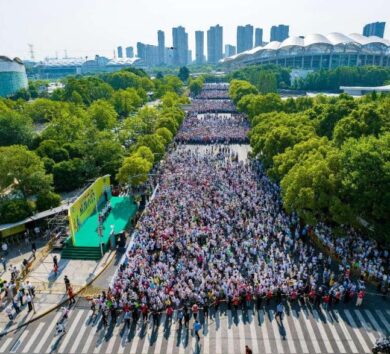
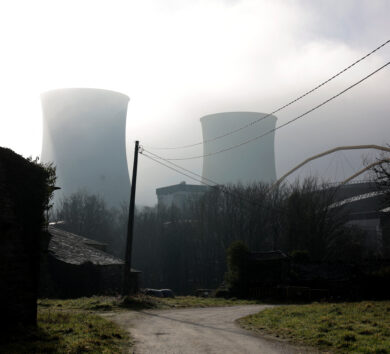

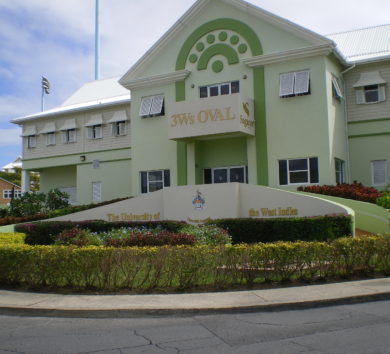
Comments